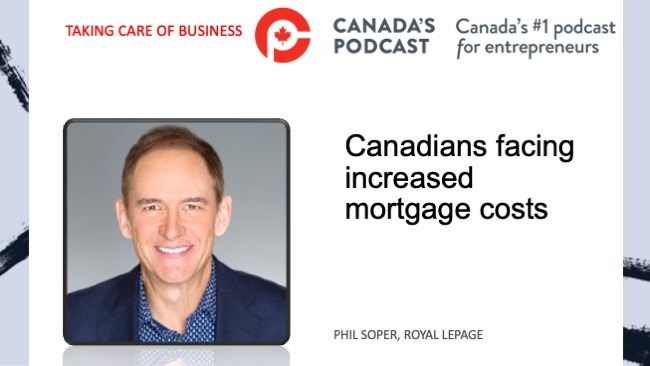The Consumer Price Index (CPI) rose 5.9 per cent year over year in January, following a 6.3 per cent increase in December. Prices for cellular services and passenger vehicles contributed to the deceleration in the all-items CPI. However, mortgage interest cost and prices for food continue to rise, reported Statistics Canada on Tuesday.

Gustavo Fring
“In January, prices rose 4.9 per cent on a year-over-year basis excluding food and energy and 5.4 per cent excluding mortgage interest cost. In both cases, year-over-year price growth slowed compared with December,” said the federal agency.
“The headline CPI grew at a slower pace year over year in January (+5.9 per cent) compared with December (+6.3 per cent) due to a base-year effect. This is because the monthly increase in January 2023 (+0.5 per cent) was smaller than the monthly increase in January 2022 (+0.9 per cent). In January 2022, mounting tensions amid the threat of a Russian invasion of Ukraine coupled with supply chain disruptions and higher prices for housing put upward pressure on prices.
“On a monthly basis, the CPI rose 0.5 per cent in January 2023 following a 0.6 per cent decline in December. Higher gasoline prices contributed the most to the month-over-month increase, followed by a rise in mortgage interest cost and meat prices. On a seasonally adjusted monthly basis, the CPI rose 0.3 per cent.”
StatsCan said gasoline prices contributed the most to the month-over-month increase in the all-items CPI, rising 4.7 per cent in January. The price increase was related to refinery closures in the southwestern United States following winter storm Elliot. On a year-over-year basis, prices for gasoline rose 2.9 per cent in January, decelerating slightly from a 3.0 per cent increase in December.
Food prices, which include both groceries and food from restaurants, rose at a slightly faster pace year over year in January (+10.4 per cent) than in December (+10.1 per cent), it said.
“Grocery price acceleration in January was driven in part by year-over-year growth in meat prices (+7.3 per cent), resulting from the largest month-over-month increase since June 2004. Fresh or frozen chicken prices were a notable contributor to the gain, rising 9.0 per cent in January compared with December, the largest monthly increase since September 1986. Among other factors, chicken prices rose amid stronger seasonal demand as well as ongoing supply constraints, elevated input costs and issues related to avian influenza. Additional acceleration was seen in year-over-year price increases for bakery products (+15.5 per cent), dairy products (+12.4 per cent) and fresh vegetables (+14.7 per cent),” said the report.
James Orlando, Senior Economist, TD Economics, said January’s CPI report showed that inflation continues to cool in Canada. Headline and core measures are falling on a year-on-year basis and should decline even further over the coming months as the base effect of last year’s first half price surge washes out of the data.
“For the Bank of Canada, it will need to see this trend continue for it to be comfortable remaining on the sidelines. As we highlighted in our Quarterly Economic Forecast, a slowing in economic momentum will be needed for inflation to decisively fall back towards the 1% to 3% target range. The recent uptick in employment and spending data complicate this. But given the improvement in inflation data today, the BoC will not feel rushed to jump back in with another rate hike just yet,” he said.
Douglas Porter, Chief Economist, BMO Economics, said the CPI represents a rare downside surprise in both headline and core inflation, clearly a big step in the right direction.
“While there were some one-off factors helping out, there were also numerous special factors on the way up last year—so we were due for some better inflation luck, with a cooling economy and improved supply chains also contributing. Even the short-term metrics on core inflation are getting into a much more manageable zone, which should soon trim the annual rates from their five per cent perch. Overall, this milder report will provide the BoC with some comfort on their decision to move to a conditional pause, acting as a strong antidote to the run of robust growth figures seen in recent weeks,” he said.

About Us
Canada’s Podcast is the number one podcast in Canada for entrepreneurs and business owners. Established in 2016, the podcast network has interviewed over 600 Canadian entrepreneurs from coast-to-coast.
With hosts in each province, entrepreneurs have a local and national format to tell their stories, talk about their journey and provide inspiration for anyone starting their entrepreneurial journey and well- established founders.
The commitment to a grass roots approach has built a loyal audience with over 120,000 downloads and thousands of subscribers on all our social channels and YouTube. Canada’s Podcast is proud to provide a local, national and international presence for Canadian entrepreneurs to build their brand and tell their story.





